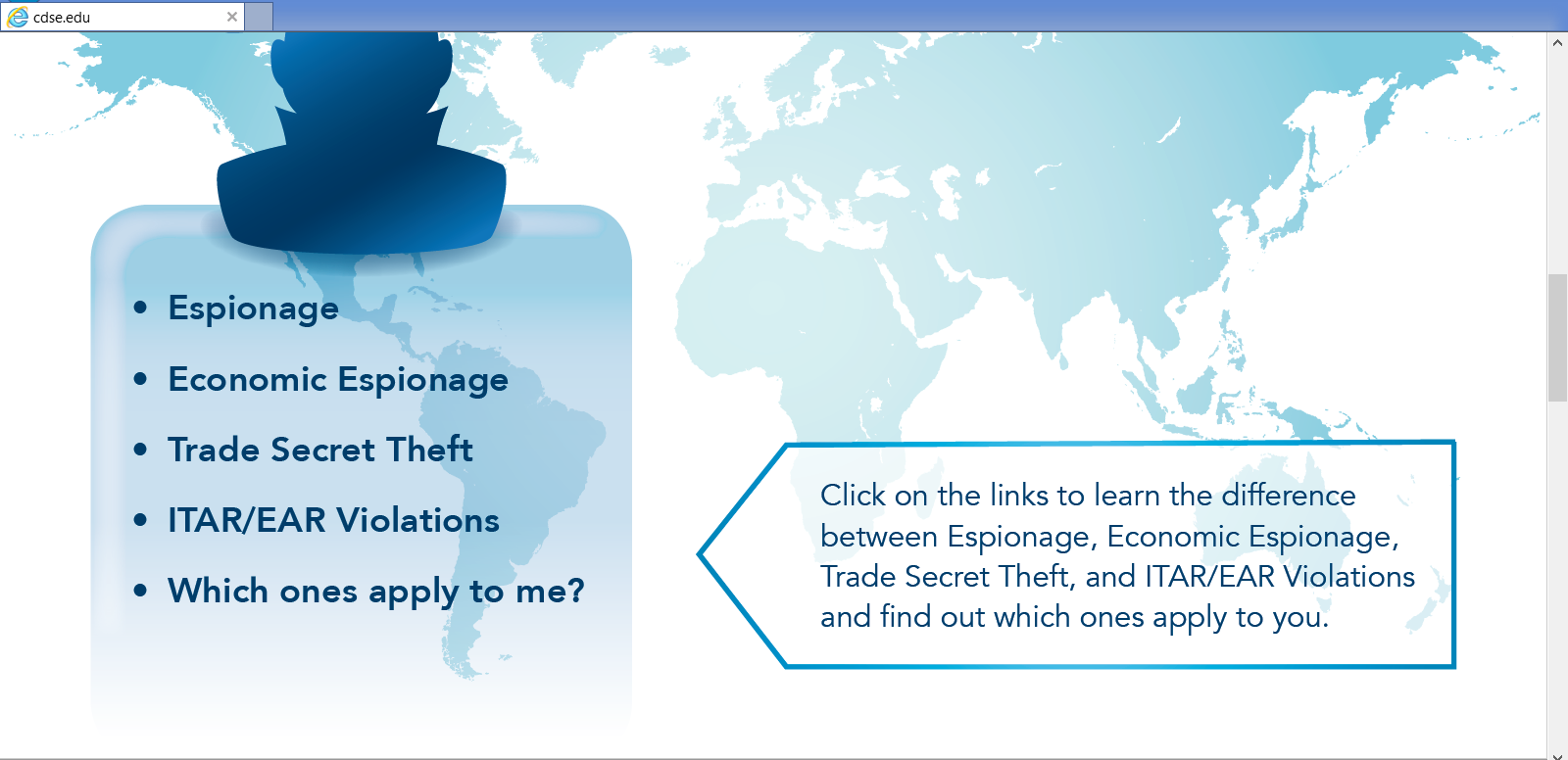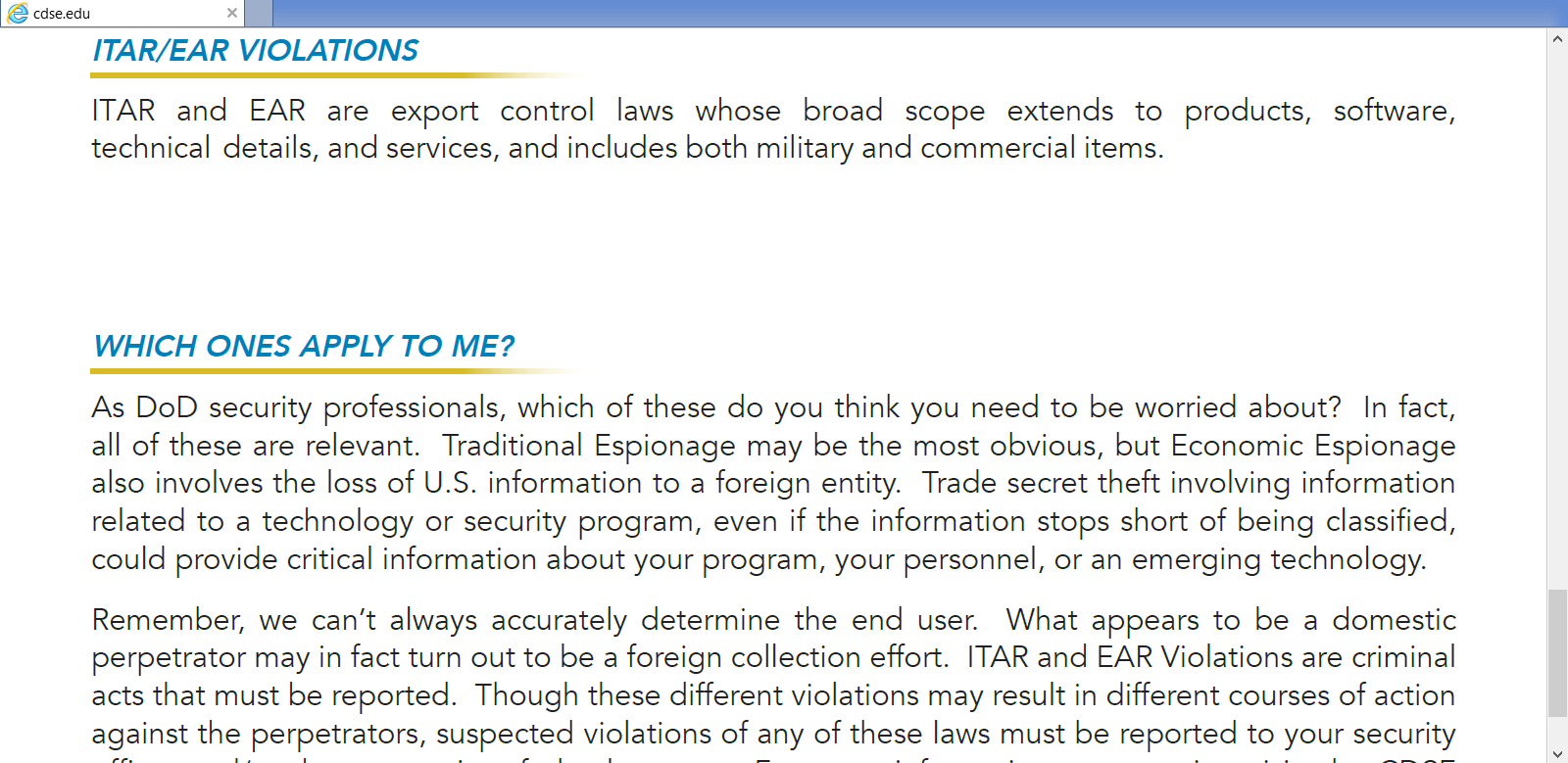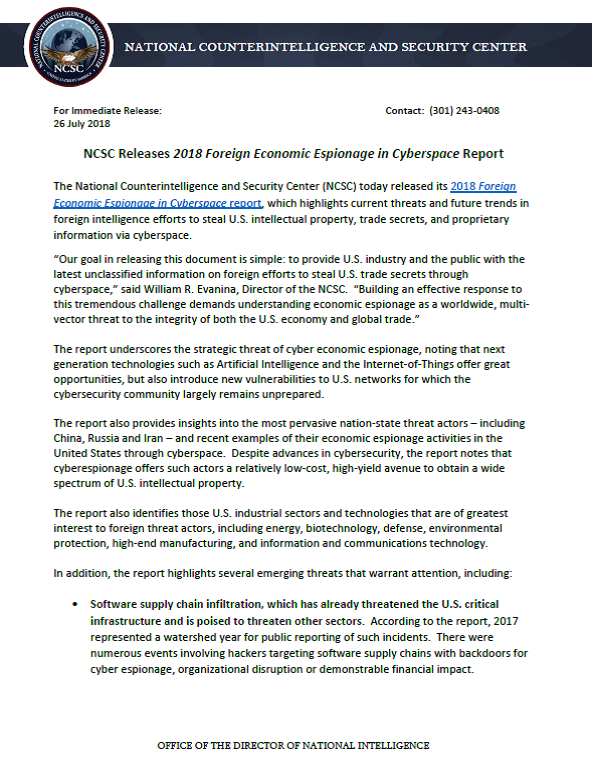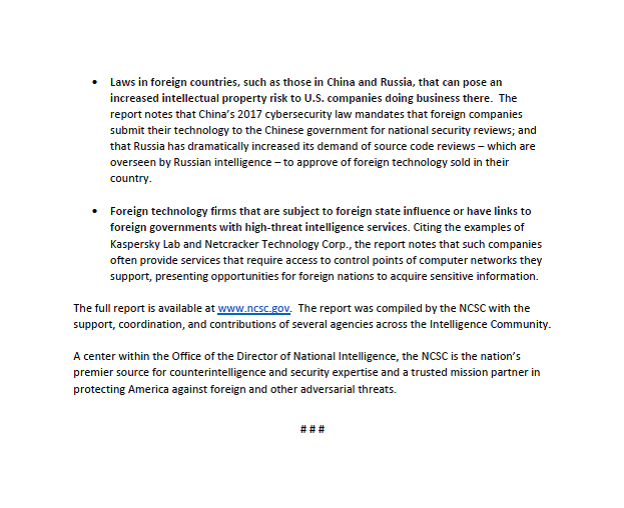Watch this!
One of the angry drivers says:"Look at our situation.We've been waiting for 24hrs. How dare the regime sends money to Hezbollah&Palestine when the country is in trouble? Our revolution's aim wasn't to support dirty H.Nasrallah& we can be oppressed here. Enough."#Iran pic.twitter.com/wLZgxgYOZ4— Raman Ghavami (@Raman_Ghavami) August 5, 2018
For 6 days in a row, demonstrators against the Iran regime are demanding regime change. There is hardly any gas for 6000 bus drivers in Tehran. There are curfews, people being shot while others are being arrested. The country currency, the rial has continued to plunge in value and food is being rationed.
#IranUpdate
More than 6k buse drivers in Tehran have been waiting for 24 hours to get fuel. But the contractor refuses to provide their need because the gov hasn’t paid back its debts to the company.
Tens of thousands of people waiting for these buses to go to work etc.#Iran pic.twitter.com/UDR60Xnntt— Raman Ghavami (@Raman_Ghavami) August 5, 2018
After passing a 90-day mark on Aug. 6, the following sanctions will snap back on Iran, according to the Treasury Department:
- Sanctions on Iran buying or acquiring U.S. dollars
- Sanctions on Iran trading gold and other precious metals
- Sanctions on Iran’s sale, supply or trade of metals such as aluminum and steel, as well as graphite, coal and certain software for “integrating industrial processes”
- Sanctions on “significant” sales or purchases of Iranian rials, or the maintenance of significant funds or accounts outside the country using Iranian rials
- Sanctions on issuing Iranian debt
- Iranian auto sanctions
The U.S. will also revoke certain permissions, granted to Iran under the deal, on Aug. 6. These include halting Iran’s ability to export its carpets and foods into the U.S., as well as ending certain licensing-related transactions.
At the end of the 180-day interval on Nov. 4, another set of sanctions will once again be clamped down on Iran:
- Sanctions on Iran’s ports, as well as the country’s shipping and shipping sectors
- Sanctions on buying petroleum and petrochemical products with a number of Iranian oil companies
- Sanctions on foreign financial institutions transacting with the Central Bank of Iran and other Iranian financial institutions
- Sanctions on the provision of certain financial messaging services to Iran’s central bank and other Iranian financial institutions
- Sanctions on the provision of underwriting services, insurance, or reinsurance
- Sanctions on Iran’s energy sector
The following day, on Nov. 5, the Trump administration will disallow U.S.-owned foreign entities from being allowed to engage in certain transactions with Iran. Sanctions on certain Iranian individuals will also be re-imposed on Nov. 5.
Read the Treasury’s full guide to the re-imposition of Iran nuclear deal sanctions here.
Meanwhile:
LONDON/ANKARA(Reuters) – An English court has cleared the way to consider whether it will allow the families of some of those killed in the Sept. 11, 2001 attacks on the United States to make a claim on Iranian assets in Britain.
The relatives want the English High Court to enforce a 2012 decision by a U.S. court which found there was evidence to show that Iran provided “material support and resources to al Qaeda for acts of terrorism”. The militant group carried out the attacks.
The New York court awarded the plaintiffs damages of over $7 billion. Iran denies any links to Al Qaeda or any involvement in the 9/11 attacks.
If the English court agrees to enforce the ruling, it could clear the way for assets in England and Wales to be frozen or seized. Iranian assets in England include a central London building and funds held by two subsidiaries of state-owned banks. This could add to Tehran’s troubles as it tries to stave off a financial crisis.
The June 8 ruling by a judge after a hearing in the English High Court removed an obstacle that was holding up the process.
The law requires the UK’s Foreign Office (FCO) to formally serve the legal papers to Iran’s Ministry of Foreign Affairs (MFA) before the enforcement proceedings can begin. A British official said it was routinely difficult to deliver papers to the MFA, according to FCO correspondence seen by Reuters. An FCO official declined to comment.
The judge ruled it was sufficient to try to notify them through other communication such as email or post.
That decision has unblocked the process. The plaintiffs will now ask a judge at the High Court in the next few months to consider whether the New York ruling can be entered as a judgment in English law, said their lawyer Natasha Harrison, a partner at the London office of Boies Schiller Flexner. The judgment could then be enforced, she said. This would mean assets could be frozen or seized.
An Iranian official said: “Iran will take all the necessary measures to stop it.”
An Iranian foreign ministry official said the June ruling was “fabricated” and “politically motivated”.








